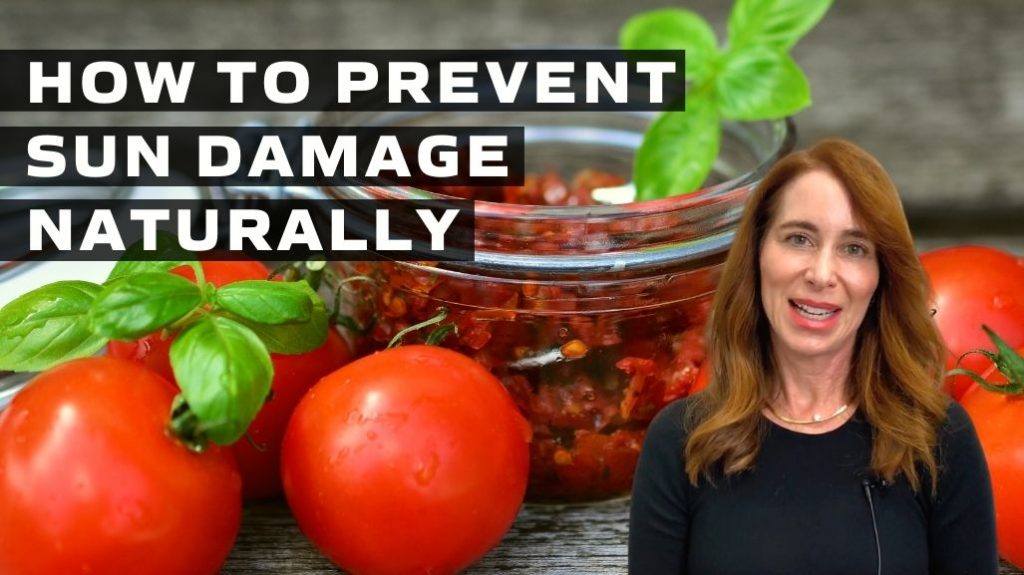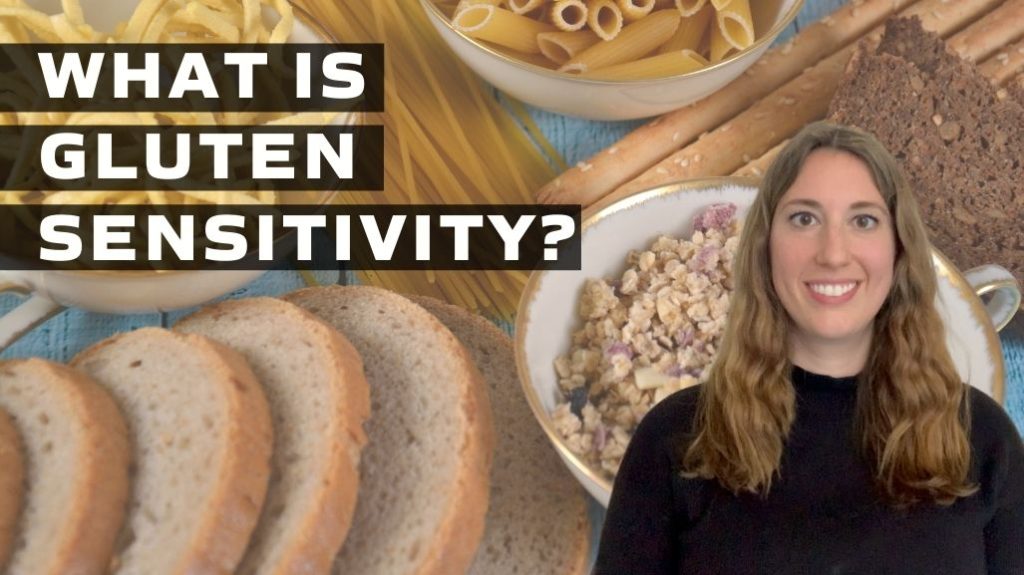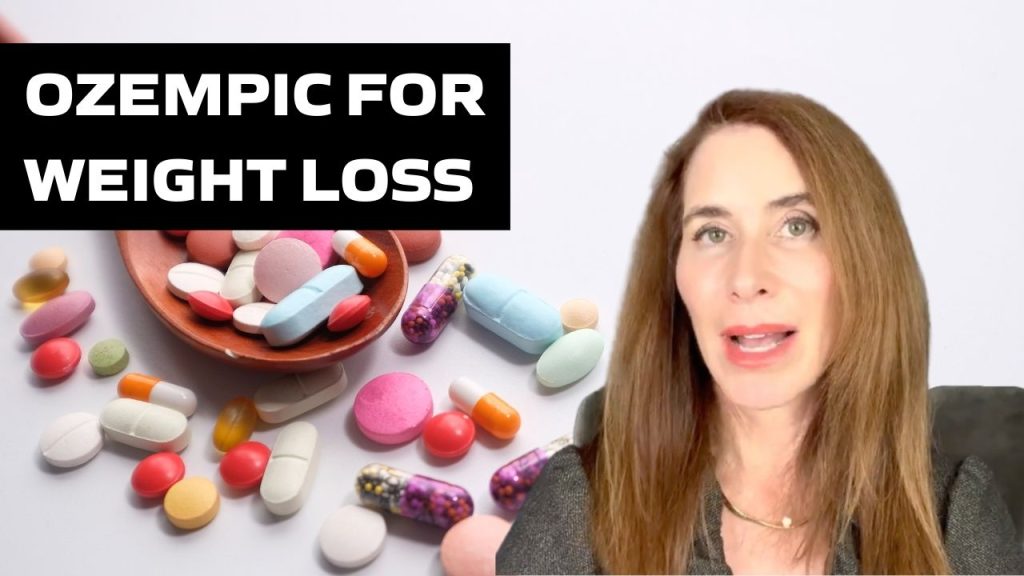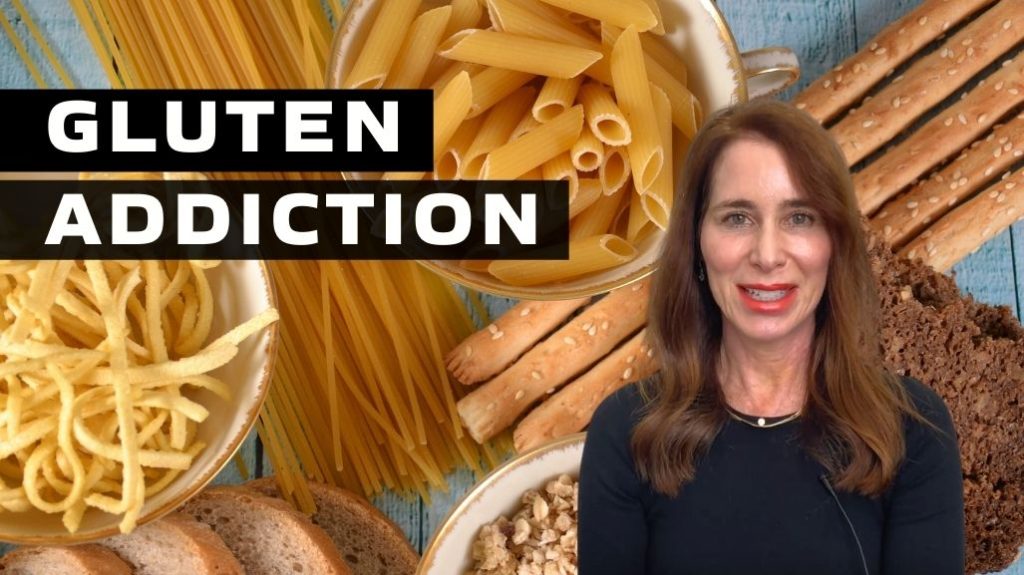Is Coconut Oil Pure Poison?
Is Coconut Oil Pure Poison?
What you will learn about
When a Harvard professor recently came out with the statement “coconut oil is pure poison”, she definitely received a lot of press. Those on both sides of the argument came out with a variety of information, enough to make one completely confused.
I think the real question should be:
What are the facts about coconut oil, and is it right for you?
Coconut oil is saturated fat. In the category of saturated fats, you will also find butter, cream, cheese, lard, beef, pork, lamb, and poultry. As you can see by the list, most saturated fats are animal-based with the exception of coconut oil, palm kernel oil, cocoa butter, and palm oil.
Opinions on eating coconut oil range from the American Heart Association’s stance – “avoid”, to “enjoy in abundance”, espoused by ketogenic and high-fat diet fans.
Can both be correct? Doubtful, but let’s evaluate by looking at the facts.
Saturated fats increase cholesterol
Saturated fats are known to increase cholesterol and high total cholesterol is associated with the leading killer of Americans, heart disease.
Let’s address the comments that coconut oil is an MCT or medium-chain triglyceride. Coconut oil is 82% to 90% saturated. Harvard Health states 82%, while the American Heart Association states the saturated content to be 90%. Regardless of the slight discrepancy, it’s clear that it’s by far a saturated oil.
Does coconut oil hold a “special” place in the saturated fat arena? Many will tell you that it raises the good, HDL, cholesterol, but not the bad LDLs, making it perfectly safe, even for those with a risk of heart disease.
Studies challenge the fact that having high HDL levels don’t absolutely prevent you from developing heart disease, especially when your total cholesterol is above 160-180. And that’s a level of cholesterol seen by few Americans.
What is your risk?
When it comes to eating any saturated fats, including coconut oil, the first thing you need to ask yourself is: “Am I at risk for heart disease?”
And here are a few more questions:
- Do I have high blood pressure?
- Do I have high cholesterol? If total cholesterol is above 160-180, it’s not optimal.
- Is there heart disease in my family?
- Am I on medications for cholesterol, blood pressure, or triglycerides?
- Am I overweight?
- Do I have belly fat?
- Do I have type 2 diabetes or pre-diabetes?
If you answered “yes” to any of the above questions, you really shouldn’t make coconut oil, or any saturated fat for that matter, a part of your regular diet.
Isn’t Coconut Oil a Healthy MCT oil?
Coconut oil is often identified as MCT oil. MCT stands for medium-chain triglyceride. MCTs are espoused to have a nice benefit of burning fat rather than storing it, and crossing into your mitochondria to produce quick energy. There are several studies documenting the benefits of MCTs.
There is no arguing the benefit of MCTs, but there does need to be clear if coconut oil IS indeed an MCT or not.
It would seem like an easy argument to settle, but there are some nuances that need to be considered.
Coconut advocates claim it’s an MCT oil. Coconut debunkers claim it’s not and instead define it as an unhealthy LCT, or long-chain triglyceride.
Definition of short, medium and long chains
Within the saturated fats are short, medium, and long-chain fatty acids also called triglycerides.
There are simple definitions of what a short, medium, and long-chain is. [Note the “chain” is simply a chain of carbon atoms.]
- A short chain has less than 6 carbons.
- A medium-chain is made up of 6-12 carbons.
- A long chain has greater than 12 carbons.
SCFAs – short-chain fatty acids are produced in your gut by your flora from the ingestion of healthy fiber, and they are critical for gut health. They are known to be anti-cancer and anti-inflammatory. These are most definitely “good guys”.
MCFAs or MCTs – medium-chain fatty acids or triglycerides that have the following benefits:
- enhance your metabolism, therefore move you towards weight loss
- burned rather easily as fuel, therefore not stored
- easily digested and absorbed
- transported directly to your liver
- cross into your mitochondria to create utilizable energy
LCFAs or LCTs – long-chain fatty acids make up most of the dietary fat Americans eat and are associated with the following negative attributes:
- not easily absorbed
- must go through a complicated process going through your lymph system first
- finally, are transported to the liver and available for use as energy
- the majority are stored, adding to your overall body fat and causing weight gain
The makeup of coconut oil
Lauric acid makes up a full 50% of the oil and has 12 carbons. It is therefore an MCT, but at 12 carbons it’s right on the border, which is an important piece of information we’ll come back to.
Myristic acid makes up 18% of coconut oil and has 14 carbons, making it an LCT.
Palmitic acid makes up 8% of coconut oil and has 16 carbons, also clearly an LCT.
Caprylic acid makes up 6% of coconut oil, has 8 carbons, and is, therefore, an MCT.
Caproic acid is about 8% of coconut oil, has 6 carbons, and also an MCT.
If you add up the percentages of MCT, based solely on the definition of the number of carbons making up the chain, coconut oil is about 64% MCTs, clearly the majority of the oil.
Seems pretty clear that coconut oil is an MCT. What then is the question?
If coconut oil is an MCT how could it create bad effects?
If it was just a rule or definition, there really shouldn’t be any opinion entering in. It turns out it isn’t opinion and it IS science.
Here’s the issue and why I chose to delve into this further. I always have to judge by what I witness in patients. Clinical practice and working with patients for decades has shown us that many individuals who begin eating large amounts of coconut oil do not see the health benefits so many boasts of the oil.
Instead, such individuals experience dangerous changes in their health. Their cholesterol rises, including their bad, LDL cholesterol, their weight increases, and lab testing reveals them to be more pro-inflammatory, confirming they’re moving closer to degenerative disease.
Why?
It really all revolves around the largest constituent of coconut oil, lauric acid. As we stated above, a full 50% of coconut oil is lauric, a 12 carbon fatty acid. Also, recall that 12 carbons place lauric acid just on the border of being a medium vs long-chain fatty acid.
Coconut oil can “act” like a dangerous LCT
Some research points out an interesting peculiarity of lauric acid. I believe this explains why many people do poorly with coconut oil, especially when they are utilizing a fair bit of it in their diet.
We stated one difference between medium and long-chain fatty acids is how they are metabolized. Medium chains are rather effortlessly metabolized in the gut, allowing them to easily be utilized as energy. Long chains are completely different; they are difficult to digest, tend to be stored, thus resulting in weight gain plus other health disabling qualities such as the increased risk of heart disease, diabetes, and cancer.
It turns out there is a prioritization when it comes to digestion and assimilation of fatty acids. Short-chain fatty acids go first, followed by the shorter medium-chain triglycerides.
If you are consuming a diet fairly heavy in fat, especially coconut oil, the longer chain lauric acid, at 12 carbons, can be “left behind” when it comes to easy digestion and assimilation.
The burden of the heavy coconut oil ingestion and the priority-driven mechanism of shorter chains preceding longer chains, all results in lauric acid having the potential to be “treated” as a long-chain fatty acid.
This key datum explains the negative effects of coconut oil
Can some people consume coconut oil and not have negative effects? Yes, likely.
Can some people consume coconut oil and seriously compromise their health? Yes.
Both can occur and it ultimately seems to depend on how much overall fat you’re consuming, what type, and your personal risk profile.
What about purchasing MCT oil?
Interestingly the MCT oil you might purchase at a health food store has zero of the potentially problematic lauric acid.
Does that make true MCT oil safer than coconut oil? Based on this research yes.
MCT oil is 100% caprylic and capric acid, each of which has 8 and 10 carbons respectively. At this chain length, these fats are squarely in the medium-chain arena and won’t tend to face the liability lauric acid of being treated as an LCT, as does lauric acid.
Is there a safe form of coconut?
Do you like coconut? In moderation, enjoy it as a whole food in the form of whole coconut, coconut flakes, etc. The whole coconut is loaded with fiber that will blunt much of the negative effects the oil has on your cholesterol level. And if you’re not in the high-risk category for heart disease, some oil in moderation, in perhaps an occasional vegan dessert, should be fine. Evaluate your risk factors and blood values.
How’s your health?
Do you suffer from any degenerative disease such as high blood pressure, type 2 diabetes, high cholesterol, overweight or autoimmune disease?
Too many Americans are suffering from these preventative, treatable and, much research supports, reversible diseases.
Are you ready to enjoy optimal health?
Our team of doctors is here to help, and the good news is we have excellent success in treating chronic degenerative diseases. Diet is a mainstay of our program, as is the evaluation of nutrient levels, food sensitivities, infections, toxins, genetic predispositions, and hormonal imbalance.
Each program is tailored to you and the particular imbalances creating your particular symptoms.
We can help.
Contact us for a Free Consultation – Call (408) 733-0400.
If you are not local to us you can still receive help; our Destination Clinic treats patients from across the country and internationally.
We help the world’s busiest people regain, retain, and reclaim their health, energy, and resilience.
If you liked this blog please share it with friends and family.
References:
http://www.nutritionmyths.com/lauric-acid-is-it-medium-or-long-chain/
https://forum.bulletproof.com/discussion/14482/wheres-the-proof-that-lauric-acid-is-a-lct
https://nutritionfacts.org/video/what-about-coconuts-coconut-milk-and-coconut-oil-mcts/
https://www.livestrong.com/article/510928-coconut-oil-medium-chain-triglycerides/
https://www.rd.com/health/healthy-eating/why-harvard-professor-calls-coconut-oil-poison/
Ask a Doctor
Have a health concern you'd like to speak with a doctor about? Or just want clarity on a subject? Ask Us!






